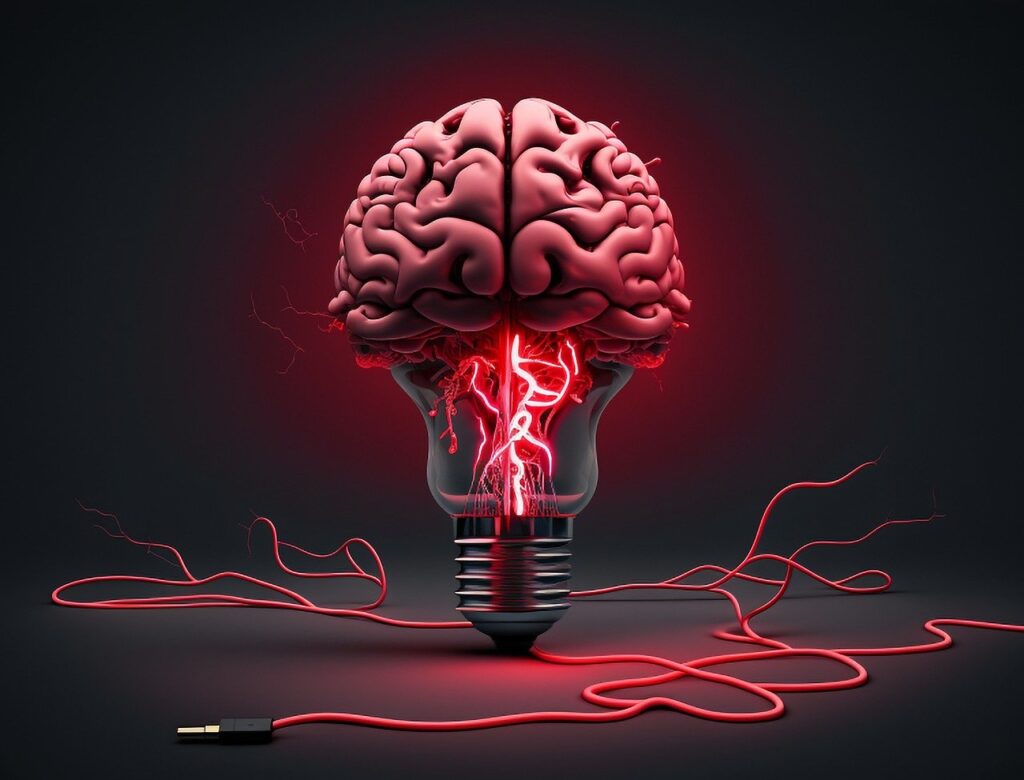You know that frustrating moment when you walk into a room and forget why you’re there? Now imagine that happening with memories of a few of your life events. That’s a tiny glimpse into what many folks with PTSD and memory loss deal with daily. Many people afflicted with it find it exhausting and for good reason.
The Brain’s Negative Response to Trauma
When something traumatic happens, your brain malfunctions. It’s as if your mind’s filing system gets traumatized and you don’t know why. Some memories get scattered everywhere, while others just vanish.
And according to scientists, trauma can actually make the hippocampus smaller. Many people with PTSD swear that they even forget what they had for breakfast.
You Want to Remember But You Cannot
Here’s something that confuses even the experts. While you might forget your best friend’s birthday or where you parked your car, your brain might ambush you with crystal-clear flashbacks of the traumatic experience you had. For people unfortunately afflicted with PTSD, this isn’t a fair trade.
Daily life gets confusing for most people in these ways:
- Starting stories and forgetting the ending
- Missing appointments even though you swear you wrote them down
- Walking around with your keys in your hand while looking for your keys
- Getting lost in familiar neighborhoods
- Zoning out during important conversations
The Science Behind PTSD
Your body pumps out this stress hormone called cortisol – think of it as your body’s fire alarm that won’t shut off. After a while, it messes with how your brain files away new memories. It’s less like a neat filing cabinet and more like throwing papers into a room during a hurricane.
It’s not unusual for people who used to be very good at remembering phone numbers to just forget even the most important things, like their children’s birthdays. The stress response wouldn’t turn off. Their brain was so busy staying on high alert (hyperarousal) that it couldn’t do its regular job of remembering the important things that allow them to live a normal life.
What Actually Helps
CBT and EMDR therapy work. Sometimes it’s about talking it out, sometimes it’s about following a light back and forth with your eyes. It sounds weird but it works surprisingly well.
And meditation isn’t just about sitting cross-legged saying “om.” Sometimes, it’s just taking five minutes to remember you’re here, now, safe. Even if your brain’s telling you otherwise.
The Tough Days

Realistically, some days, your memory might feel like Swiss cheese. Other days might hit you with flashbacks so vivid you could swear you’re right back there. That’s your brain trying to process stuff – doing its best in a really rough situation.
Some people kept a notebook of everything: grocery lists, conversations, doctor’s appointments. They call it their “backup brain.” It’s not exactly high-tech, but it works. Sometimes the simplest solutions stick.
Working With What You’ve Got
Your brain has this amazing ability to adapt – scientists call it neuroplasticity, but we just call it hope. We’ve watched people’s memories improve with the right support. It’s not easy but it’s definitely worth it. Ask anyone who’s been through our program.
Some practical stuff that helps:
- Breaking tasks into smaller bits so you don’t get overwhelmed
- Setting about 500 phone reminders to jog your memory and keep you grounded
- Finding routines that work for YOU. Remember, what works for others might not work for you
- Writing stuff down on a notebook or notepad
- Taking breaks when your brain feels fuzzy
The Social Side Nobody Talks About
Memory issues can make socialization awkward. Forgetting names, missing inside jokes, blanking on shared memories is rough. However, real friends would understand. If they don’t all you have to do is to educate them about PTSD.
Treatment Approaches
Trauma-Focused Therapies
Therapies like CBT and EMDR are designed to process traumatic memories so they don’t continue to cause distress. These approaches help rewire how the brain stores and recalls traumatic events, making it easier to move forward.
Cognitive Rehabilitation
These techniques help in cognitive rehabilitation, strengthening memory and attention. There are some exercises that can be carried out in a systematic manner to train the brain to improve skills in handling daily activities without much effect of loss of memory.
Medication Selection
Medications that help level cortisol or address other aspects of PTSD can also be helpful. These medications are not a cure for memory loss, but they relieve some pressure on the cognitive system and make subsequent therapies more viable.
Future Directions in Research and Treatment

Emerging Therapies: Exploring New Frontiers
Researchers are continually exploring new therapies and interventions for PTSD and memory loss. This includes innovative approaches like virtual reality therapy and neurofeedback, pushing the boundaries of what’s possible in mental health care.
Harnessing the Power of Neuroplasticity
Neuroplasticity refers to the brain’s remarkable ability to change and adapt throughout life. This offers hope that with the right interventions, memory function can be improved even after trauma. It’s like helping the brain rediscover its innate ability to heal and rebuild.
What’s Next?
Nobody can promise you a perfect memory or a trauma-free life. But we’ve watched enough people walk through our doors at Skypoint to know that things can get better. Sometimes way better than you’d expect.
The brain’s pretty incredible at healing itself when given the chance. Through cognitive rehabilitation, trauma-informed care, and with practice, you’d be surprised what can improve.
Need to chat about this stuff? We’re around. No pressure, no sales pitch, just real talk about what might help. Call us at 855-612-3488 and we’ll pick up the phone. Even if you just need someone who gets it., fill out our online form so we can help you.
Related Blogs
-
How Long Does Flexeril Stay in Your System? Factors Influencing How Long It Stays in Your Body
-
Alcoholic Eyes vs. Healthy Eyes: Visible Differences Explained
-
How Nutrition Can Ease Your Detox Symptoms
-
Recognizing Symptoms of a Zoloft High and When to Seek Help
-
Methamphetamine vs Amphetamine: Why One Is Prescribed and the Other Is Feared


Start Your Personalized Recovery Journey Now









